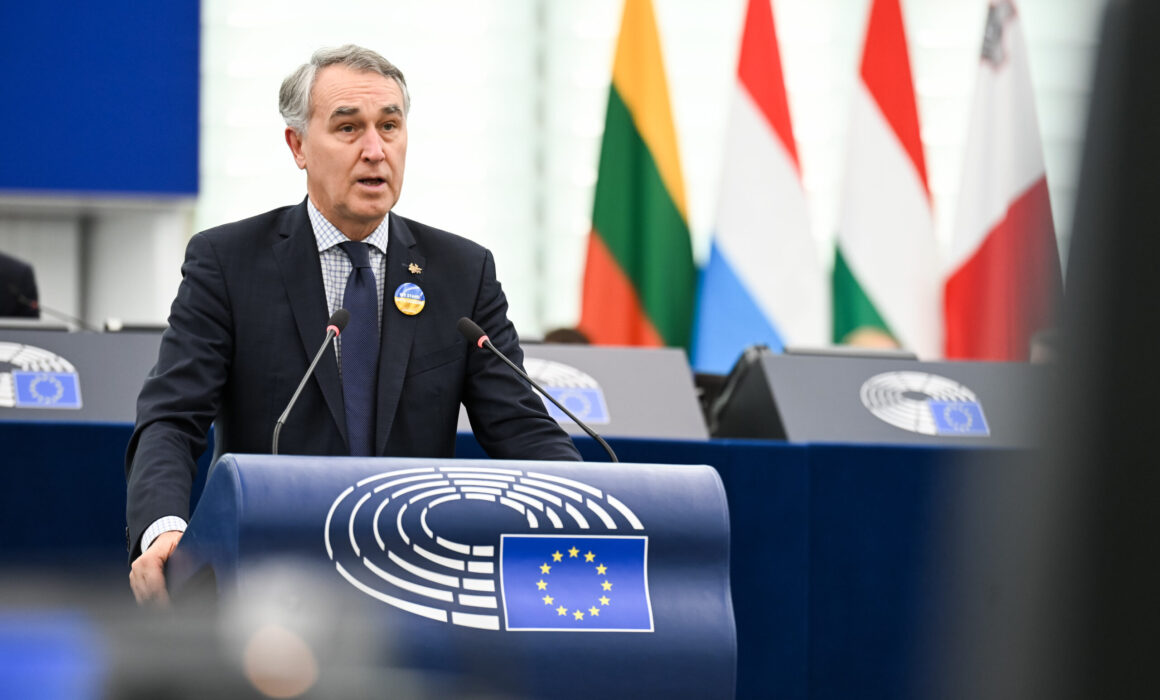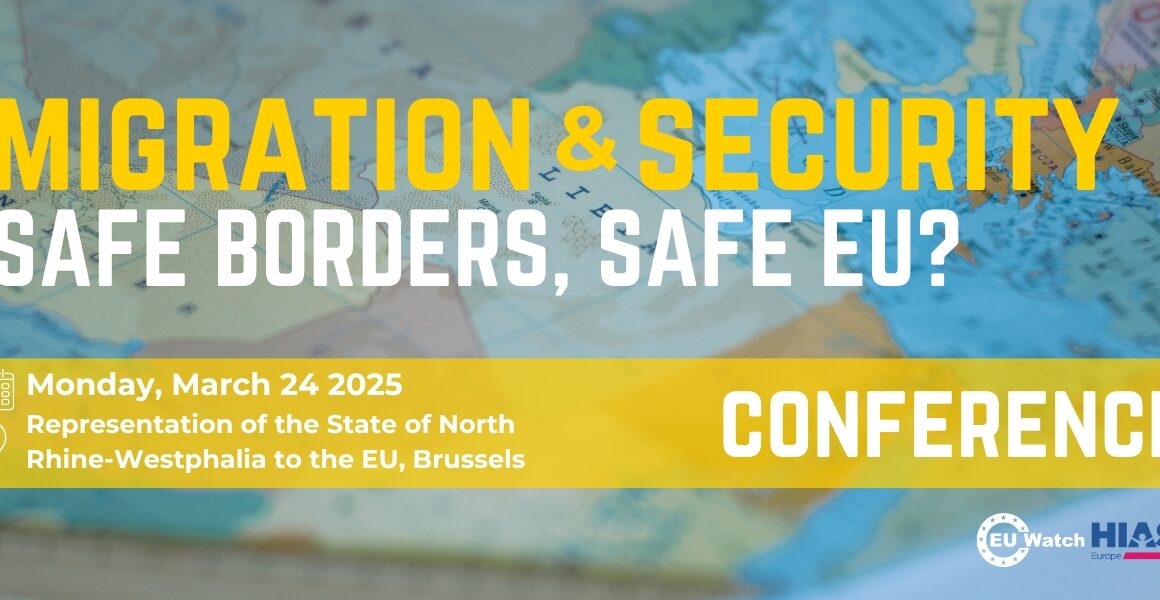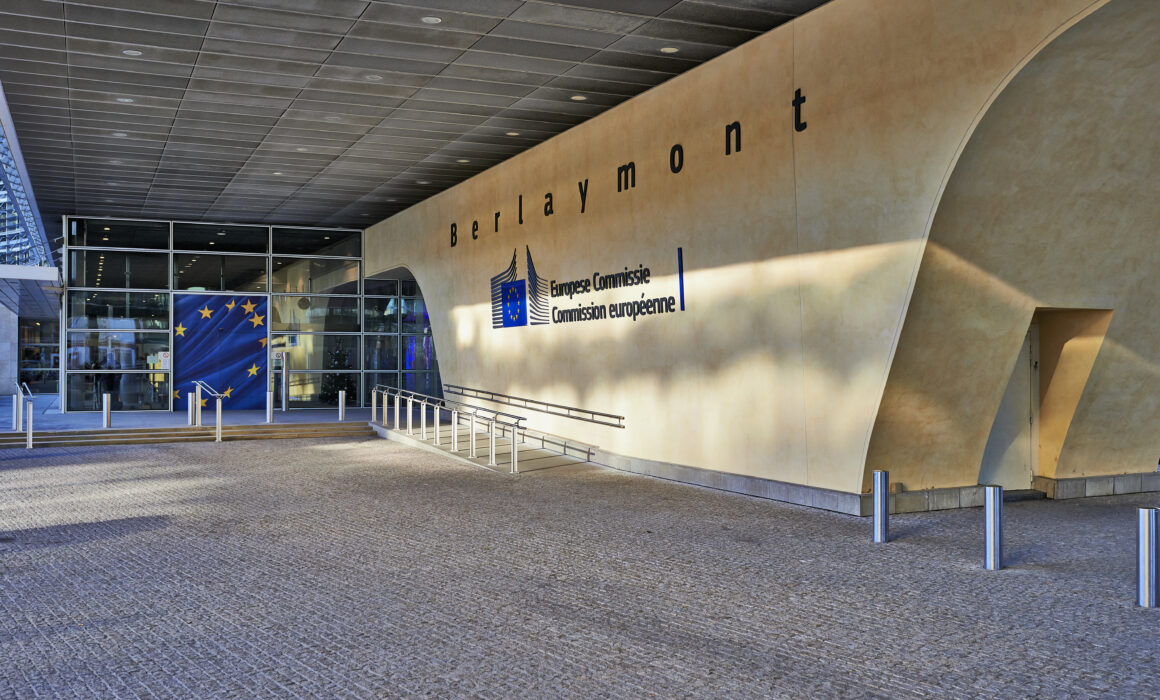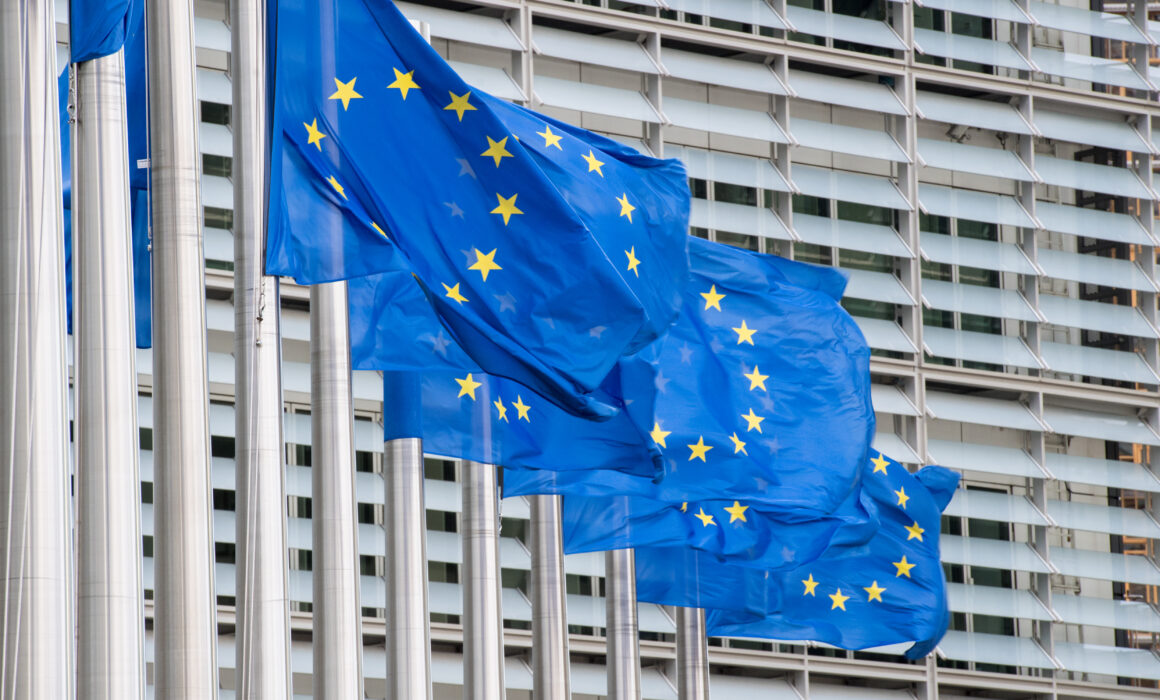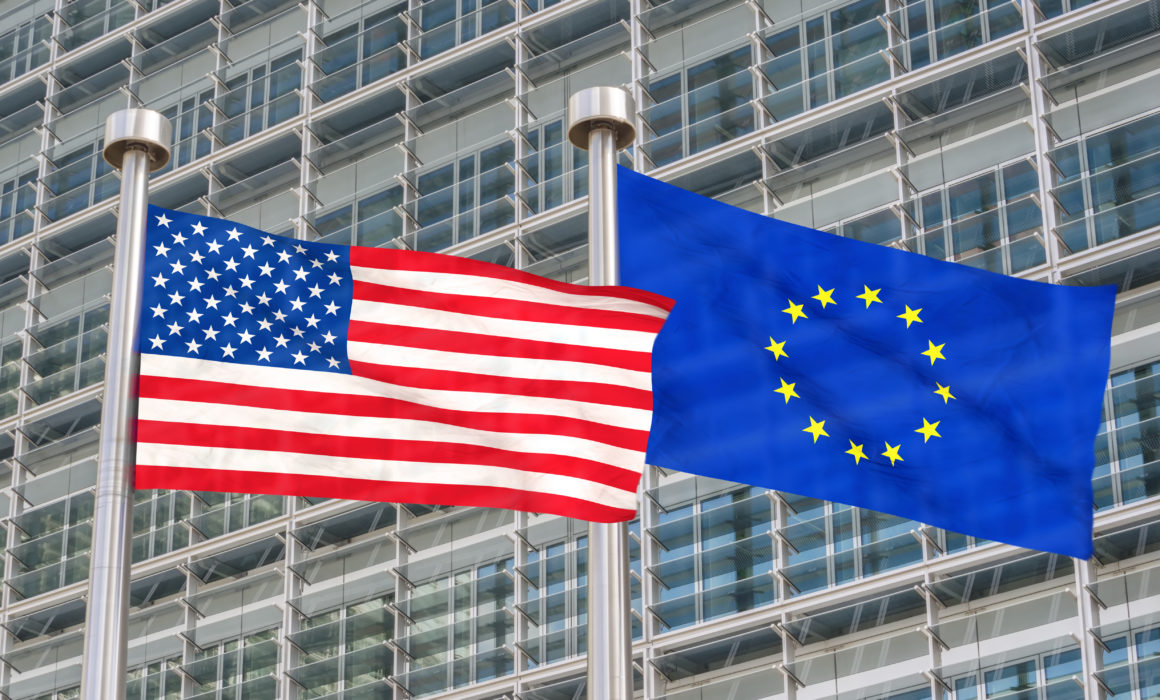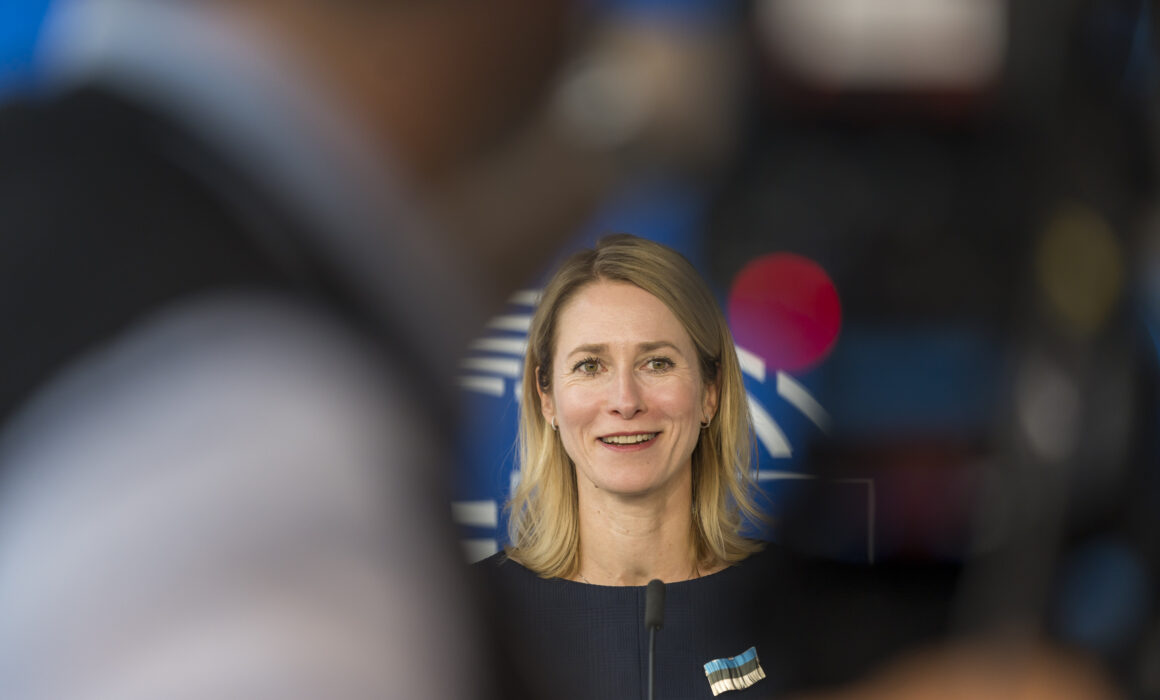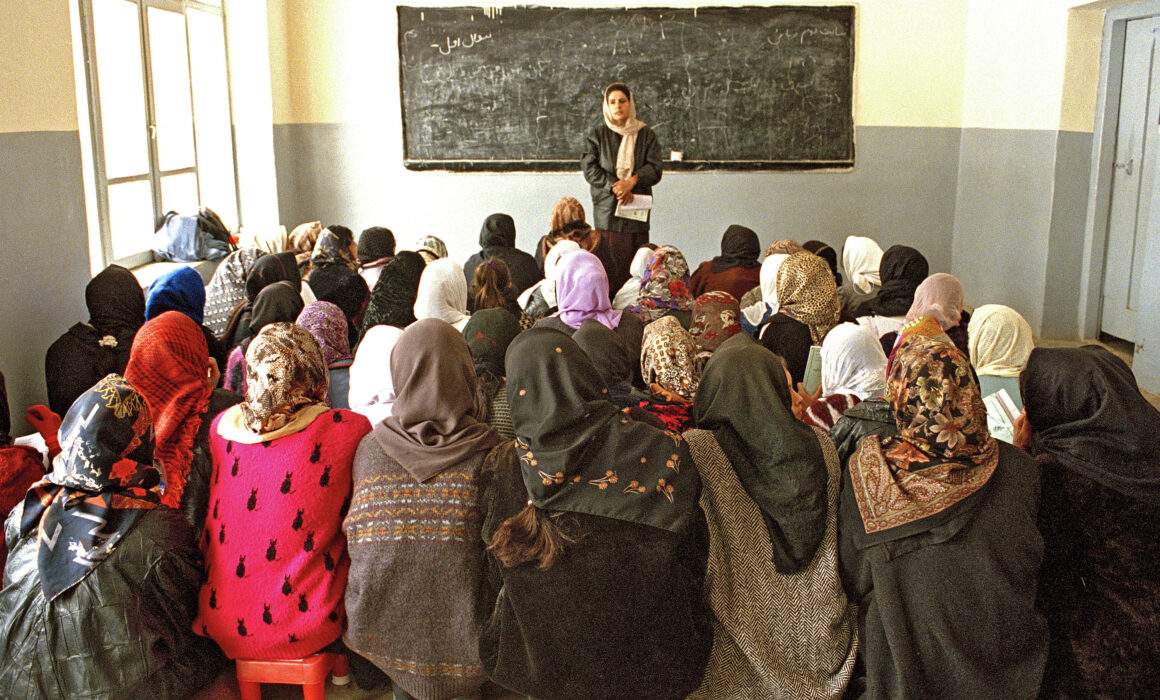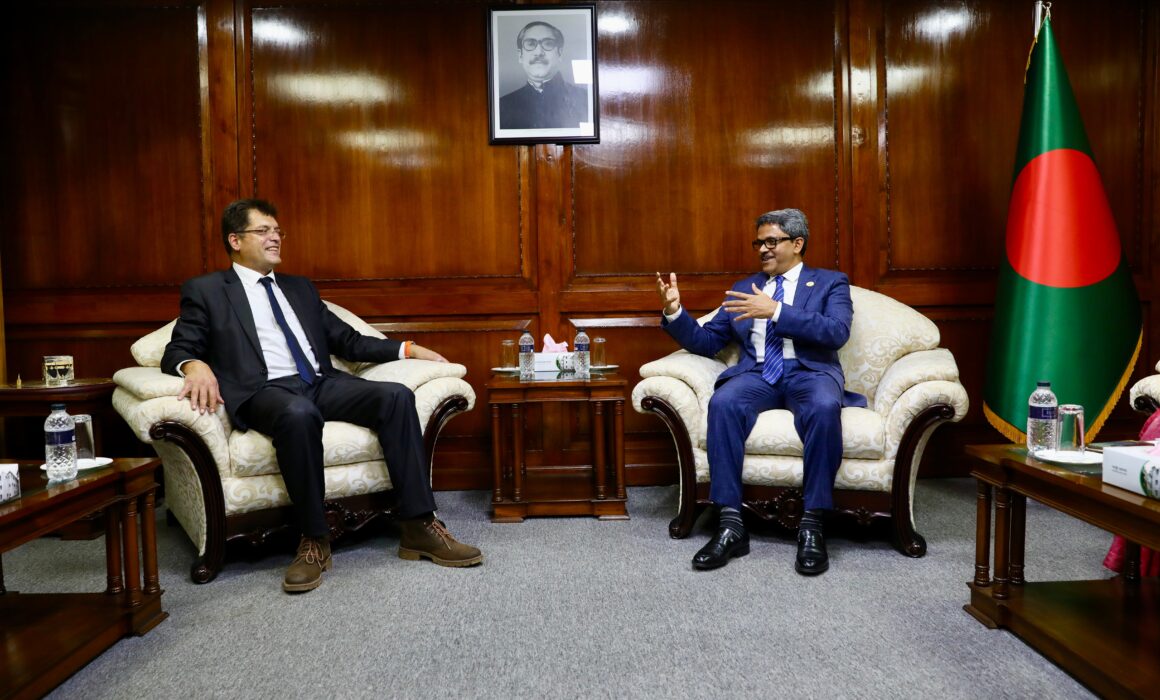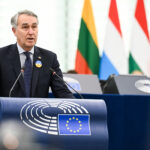Member of the European Parliament Daniel Freund on what the EU should do regarding democratic backsliding in Hungary.
What’s the current state in Hungary regarding democracy, rule of law, etc.?
For years, the Commission wrote report after report and launched infringement cases in courts. Orbán lost case after case in the European Court of Justice. When he threw out the Central European University from Hungary, they went to court, and they won a resounding victory. But politically, Orbán won because CEU had to leave the country. When the court in Luxembourg delivered its ruling two years later, he had already got what he wanted.
Is it fair to accuse him of being a dictator, as some people do? After all, he has secured a strong parliamentary majority four times in a row…
Orbán governs by decree, not by laws adopted in parliament. One of the first things he did was coin the term “illiberal democracy”. He takes decisions himself. For the past seven years, ever since 2015, there has been a continuous state of emergency in Hungary. It was just prolonged a few days ago – by decree.
In the economy, industry after industry has been taken over by Orbán and his cronies. That goes from waste and recycling management to pretty much all of the construction industry. At the moment, they are taking over the mobile phone networks. This is a dictators’ dream – a situation in which you don’t need to buy expensive spyware software because you own the mobile phone networks themselves and have direct access to all the calls, messages and what not.

Could this happen in other EU countries?
We have a situation in the world where two EU countries have had the sharpest decline in the quality of democracy in the last 10 years. Poland and Hungary are backsliding fast, according to the Freedom House ranking. During the accession process, the EU was a force for building democracy, strengthening the rule of law and the fight against corruption. And yet, within this club, we have seen the sharpest decline for two individual countries on these subjects in years. That is one of the biggest failures of the European Union.
"Money is the only language that Orbán understands. What makes him move is the threat of funds being frozen or cut, that is when he starts promising reforms."
— EU Watch (@EUWatchBrussels) December 9, 2022
Read our interview with @daniel_freund MEP ⬇️https://t.co/xGOf0CtX9T
Is the EU not essentially a club of member states? Is it not in itself insufficiently democratic?
The Council is the dysfunctional part of the Union. You have a situation where the member states all knew for the past 12 years what was happening in Hungary. Yet, the first time the heads of state and governments discussed this issue was last year – eleven years into Orbán’s attack on democracy.
What can be done?
We are all responsible for the EU to stay a functioning, democratic, legal system governed by the principle of the rule of law. And if the Council does not dare to criticize a member state that has left the club of democracy, that no longer has a functioning rule of law, then the system that is the EU falls apart. I and many others are trying to push the Council in that direction. Perhaps before the end of this year a member state has part of its EU allocation frozen. But it has been a painfully slow process.

Would it be possible to freeze all EU funds for Hungary?
Yes. We commissioned a legal analysis. Leading experts looked into previous cases and the existing body of law the Commission could use when it comes to common provisions and financial regulation. And the conclusions point out that the Commission should have frozen all the funds simply because all the funds in Hungary are affected. In other words: They are stealing from every EU budget line they benefit from.
Has the EU communicated well on this issue? It seems terribly complicated and protracted.
I think the citizens basically understand what the problem with Hungary is, that there is corruption and that democracy is broken. At the technical level, things might be more complicated, so you have to try and explain it in more simple terms. The Commission talks about 27 “super milestones” that Hungary must fulfil before getting the funds. But even if those milestones are all implemented, I don’t think we will have repaired democracy or the rule of law in Hungary.
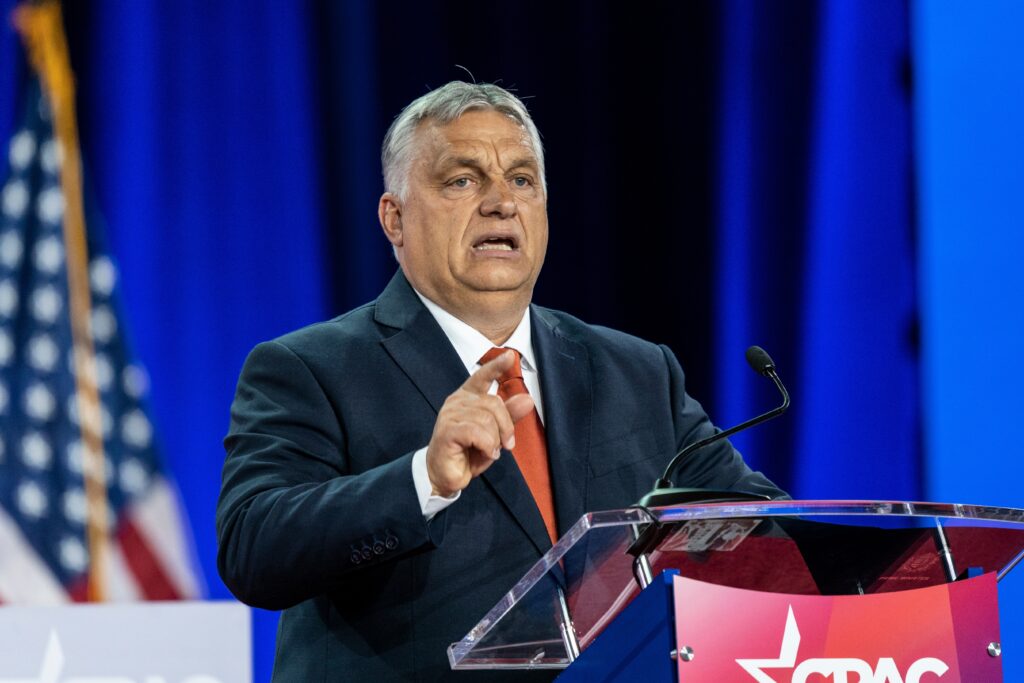
Budapest accuses Brussels of implementing a left-wing coup against it.
That is nonsense. The EU cannot and should not get rid of Viktor Orbán. That matter is up to the Hungarian voters, they decide who governs their country. The role of the EU is simply that we are not supposed to give billions of euros to a dictator who is stealing that money and using it to cement his grip on power. We should stop giving him that money unless we are absolutely sure it is reaching those for whom they are intended. At the moment, it does not reach the people of Hungary, it reaches Orbán’s inner family and some of his childhood friends.

Can the EU exist in the long run with members like Orbán’s Hungary in its midst?
No, it cannot. I do not understand how this has gotten so far. We should have intervened at the very beginning, when Orbán started throwing out judges on an enormous scale. The problem was for a long time no one wanted to do anything about Hungary. In 2015, when PiS came to power in Poland, all of a sudden they were two of them, Orbán’s Fidesz and PiS. This meant that the main tool to defend the values of the Union – Article 7 – became useless because Poland and Hungary stuck together and said they would veto any procedure against the other country.
Does the EU need some kind of an exclusion mechanism? Should it be able to expel a member, or is that a dangerous path?
I don’t think that throwing Hungary out of the EU would be the solution. First, you would punish the many Hungarians who did not vote for Orbán or his government. Second, it would not solve any of the issues. Just look at the huge chaos that the autocracies on the border of the EU can create – Belarus and Russia for example.
If we start having dysfunctional autocracies in the geographic centre of Europe, it would be even more dangerous. We need to use all of the tools that the EU has at its disposal so that Hungary comes back to the club of democracies.

The first step should be to cut all the EU funding until they implement real reforms. If however, the Hungarians democratically decide that they don’t want to longer be part of the club – that’s their right. I don’t think that is what they want. A large majority of Hungarians want to be inside the EU. They also think that the link between basic values and money is the right one and necessary. We need to be tough with Viktor Orbán.
Alas, the Council keeps blocking stronger actions, against the will of almost everyone else in the Union. If EU citizens want it, national parliaments want it, and civil society wants it, why is it not being done? That is a problem of transparency but also of accountability. We need to work together to create pressure so that the Council stops doing that.
The interview with the German member of the European Parliament was conducted by Michael Thaidigsmann and Nenad Jurdana. This is part two of the interview. Read the first part of the interview with MEP Daniel Freund.
Our most recent news
“This is an existential threat – not only for Ukraine, but for Europe itself” – Lithuanian MEP Auštrevičius
EU Watch interviewed Lithuanian politician Petras Auštrevičius who serves for the third time as a Member of the European Parliament. We discussed Russia’s war against Ukraine, the EU’s defense strategy and the concept of strategic autonomy vis-a-vis NATO.
Register Now – Conference “Migration and Security: Safe Borders – Safe EU?”
EU Watch AISBL and HIAS Europe are delighted to invite you to our conference that is taking place on Monday, March 24 2025, at the Representation of the State of North-Rhein Westphalia to the EU, in Brussels.
Inside EU’s Financial Assistance: How the European Union allocates funds to Lebanon, Syria and the Palestinian Territories
Inside EU’s Financial Assistance: How the European Union allocates funds to Lebanon, Syria and the Palestinian Territories. Review The European Union’s development and humanitarian funds play a crucial role in […]
EU: Taliban recognition hinges on full compliance with international norms
Read the response to our letter sent to EU foreign policy chief Josep Borrell regarding the EU’s Afghanistan policy and human rights issues, with a particular focus on Afghan women’s rights.
How the US election could shape Europe’s security future?
EU Watch interviewed Finnish politician Mika Aaltola, who serves for the first time as a Member of the European Parliament. We discussed the issues of the impact of US elections on Europe’s security, NATO and the EU enlargement.
‘Kaja Kallas is my hope for an EU that speaks with one voice’, says Austrian MEP Brandstätter
EU Watch interviewed Austrian politician Helmut Brandstätter, who serves for the first time as a Member of the European Parliament. We discussed the issues of Ukraine’s support, EU enlargement, migration and media freedom.

